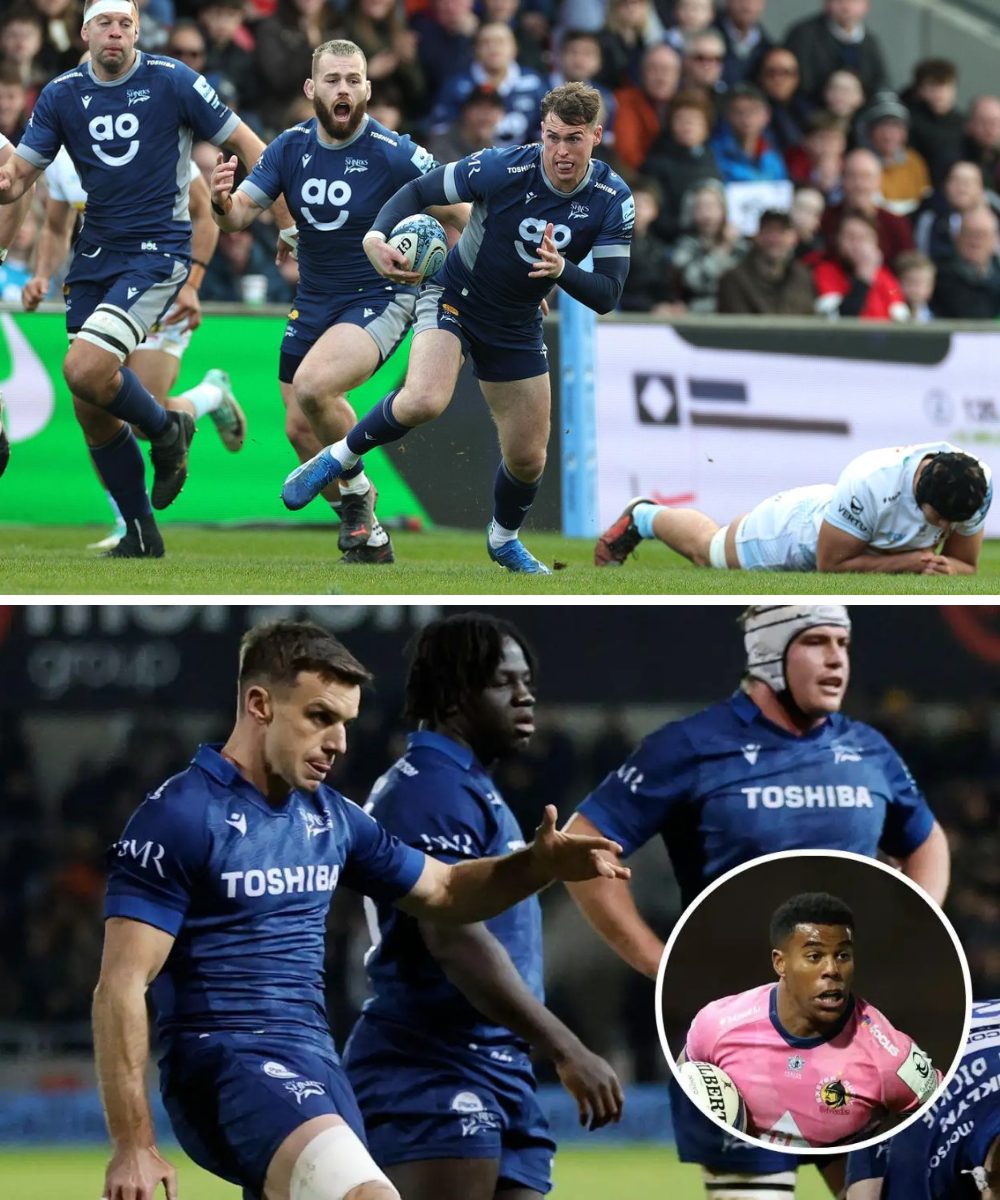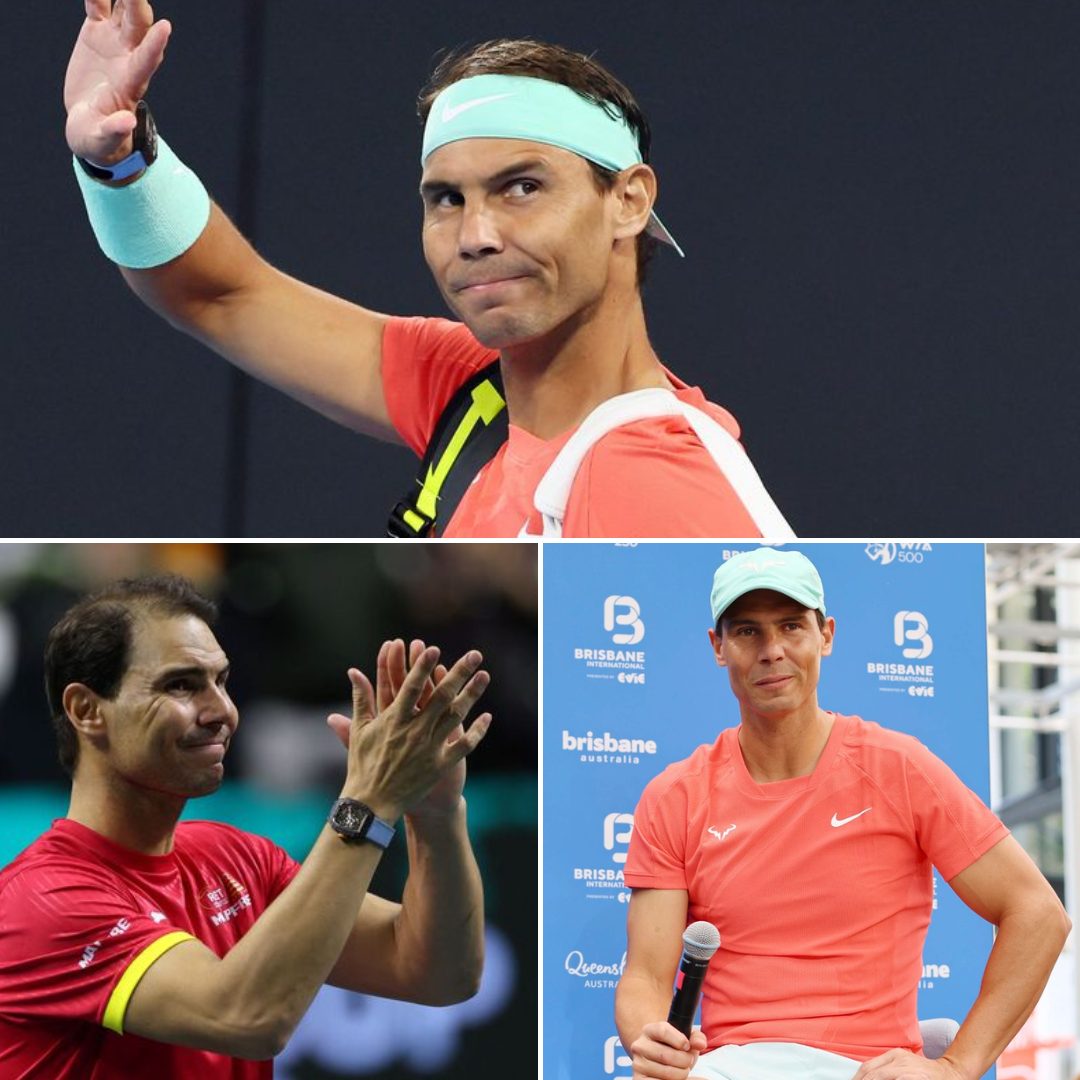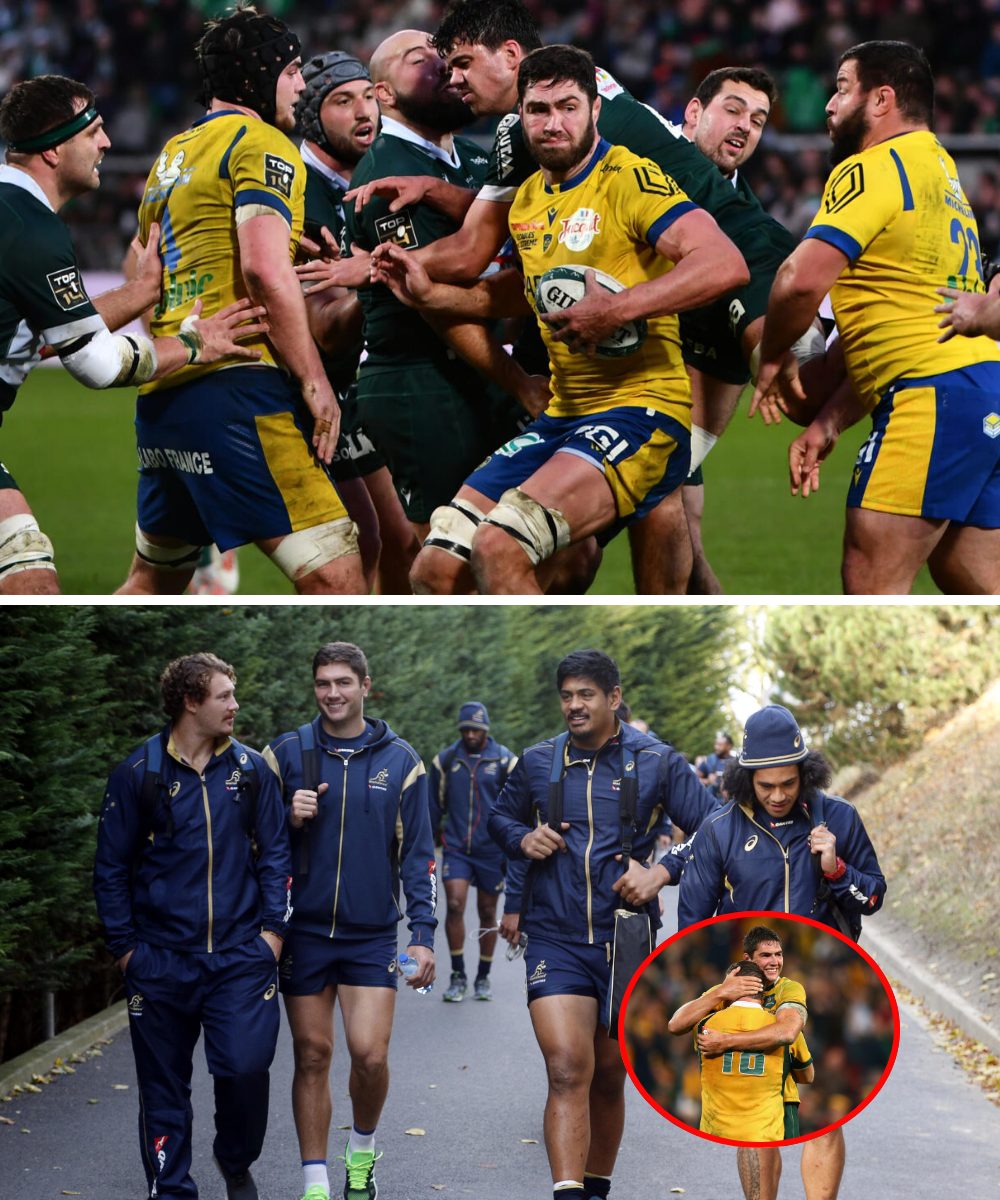In 2014, the basketball world witnessed a fierce bidding war for endorsement deals between major sportswear giants. LeBron James, the undisputed superstar of the NBA, had just turned down an astonishing $115,000,000 offer from Reebok. The rejection sent shockwaves through the industry, establishing a new precedent for the value of endorsement contracts. However, little did anyone know that another basketball prodigy would soon find himself at the center of a similar battle. In 2007, Kevin Durant, the future Hall of Famer, was offered a lucrative deal by Adidas, surpassing the offer made by Nike. Despite the extra $10 million on the table, Durant made a surprising decision to reject Adidas and pursue a different path, according to Brian Windhorst in LeBron Inc.: The Making of a Billion-Dollar Athlete.
In 2014, Durant was again the subject of a shoe bidding war, this time between Under Armour and Nike.
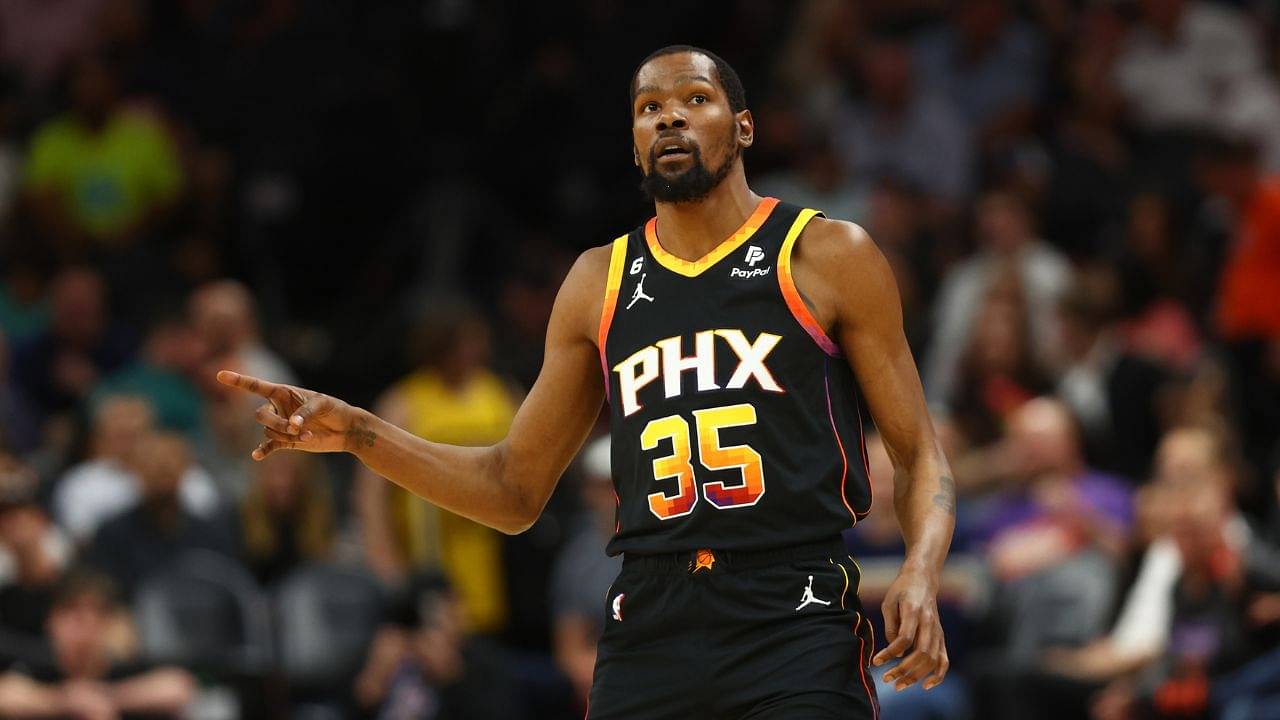
LeBron James, Kevin Durant, and the shoe game
LeBron James, known for his impeccable talent and global popularity, had established himself as one of the most marketable athletes of his generation. In 2003, he signed a seven-year, $87 million contract with Nike, a partnership that proved incredibly fruitful for both parties. As his contract approached its expiration date, Reebok made an audacious move. They offered James an unprecedented deal worth a staggering $115 million. However, LeBron James rejected Reebok’s offer, according to Brian Windhorst.
While the sports world was abuzz with LeBron’s decision, Adidas also had its sights set on another rising star: Kevin Durant. In 2007, Durant received an offer from Adidas that surpassed Nike’s initial proposal by $10 million. However, despite the allure of a larger paycheck, Durant chose to remain loyal to Nike, opting for a $60 million deal.
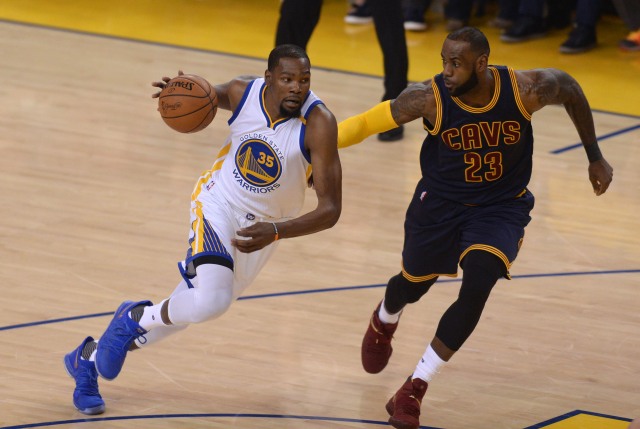
Fast forward to 2014, and the tables turned once again. Under Armour, a brand seeking to establish its presence in the basketball shoe market, set its sights on Kevin Durant. Recognizing the potential in the talented forward, Under Armour made a bold move by offering Durant a massive guaranteed deal. At the time, Under Armour had a relatively small market share in the shoe industry, making their offer even more remarkable. Nike, who had secured Durant’s endorsement in 2007, possessed full matching rights and faced a critical decision.
Detailing the situation, Windhorst wrote:
“In 2014, Kevin Durant was the subject of a shoe bidding war between Under Armour and Nike. It was the hottest chase for a basketball player since LeBron in 2003, and it produced enormous numbers. Under Armour didn’t have much of a shoe business at the time, and so it came forward and offered Durant a massive guaranteed deal. It couldn’t rely on royalty sales that it hadn’t ever been able to deliver at that point. Nike, who signed Durant to a $60 million deal when he turned pro in 2007, had full matching rights. (As a side note, Adidas had offered Durant more, and he took less to sign with Nike.) Nike mulled but then matched, and Durant got a deal that reportedly could be worth up to $300 million over ten years. That took him past LeBron in the shoe game.”
Kevin Durant’s sneaker wars
In a strategic move, Nike mulled over Under Armour’s offer before ultimately choosing to match it. Durant’s new deal with Nike reportedly had the potential to reach a staggering $300 million. This extraordinary agreement propelled Durant ahead of LeBron James in the highly competitive shoe game.
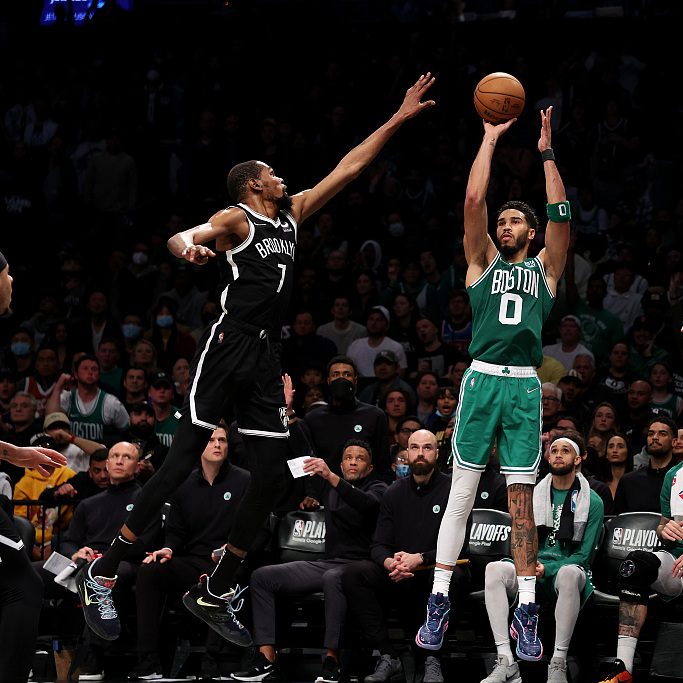
The partnership between Kevin Durant and Nike has proved to be immensely successful. In fact, in the years that followed, Nike went on to secure a “lifetime” endorsement deal with Durant, solidifying their long-term commitment to the superstar athlete.
LeBron James set a remarkable precedent with his rejection of Adidas’ $115 million offer. Kevin Durant’s decision to turn down Adidas’ $10 million surplus offer in favor of Nike showcased his desire to build his own brand. Both players demonstrated their understanding of the value they bring to the sportswear industry. They have cemented their legacies as not only dominant forces on the basketball court but also shrewd businessmen.
Source: thesportsrush.com
